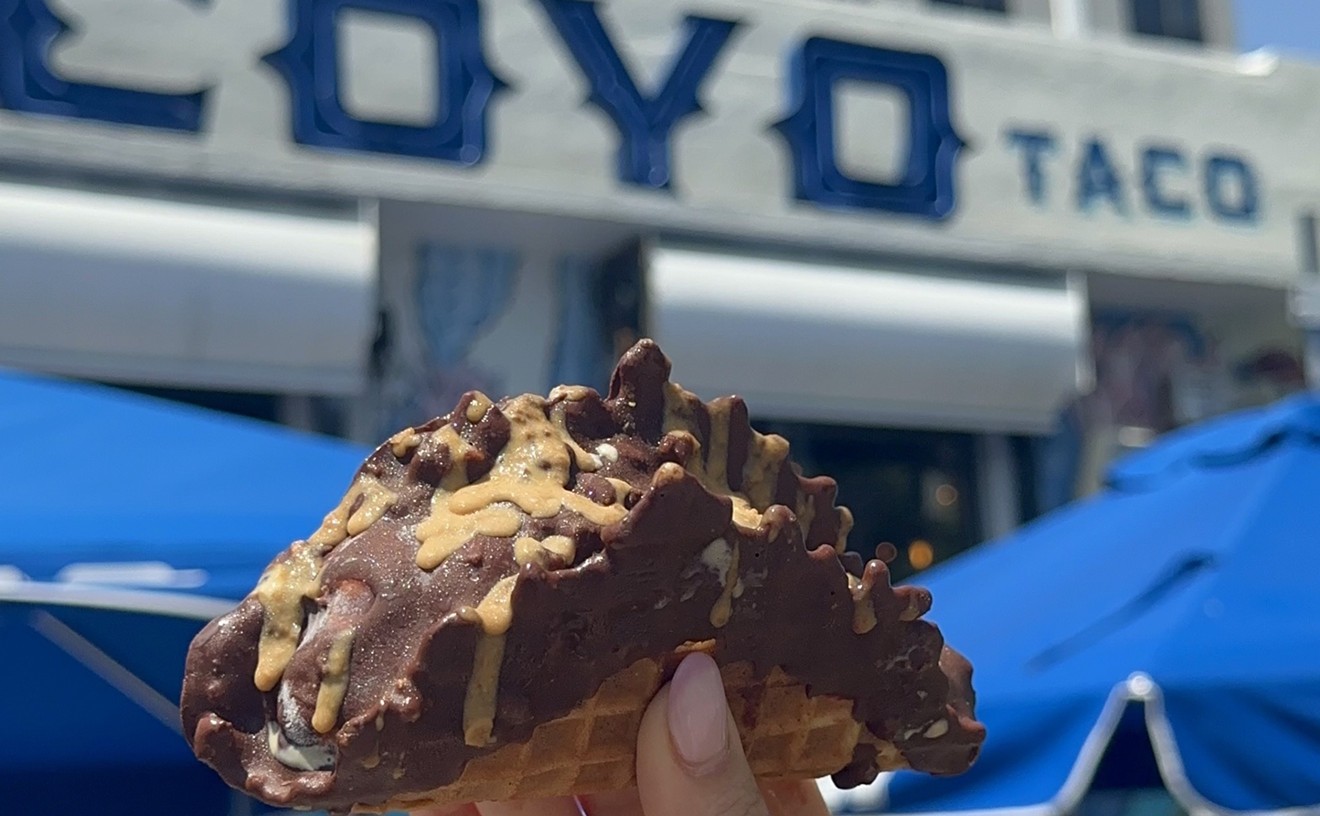For many Miami restaurants, an evening out comes with a small lesson in agriculture or animal husbandry. So many popular restaurants list the source of its ingredients that it's almost par for the course to find a dish described as "Palmetto Creek pork loin cooked in Wynwood Pop's Porter, served with Swank micro greens, garnished with Paradise Farms edible flowers".
That imaginary offering is quite a mouthful — but how truthful would it be in reality? In other words, how does the consumer know whether or not a chef or restaurateur is telling the truth when it comes to sourcing.
Tampa Bay Times food critic Laura Reiley was compelled to find the answer. For two months, she researched hundreds of menus from Tampa-area restaurants and interviewed chefs, farmers, and foragers. The intrepid journalist even went so far as to sneak dubious restaurant food into plastic bags to be genetically tested. The findings, in her own words:
This is a story we are all being fed. A story about overalls, rich soil and John Deere tractors scattering broods of busy chickens. A story about healthy animals living happy lives, heirloom tomatoes hanging heavy and earnest artisans rolling wheels of cheese into aging caves nearby.
More often than not, those things are fairy tales. A long list of Tampa Bay restaurants are willing to capitalize on our hunger for the story.
Her feature on the Tampa farm-to-table scene is a well-documented story that's a must-read for both restaurant industry people and the diners who trust them with their dollars — and their families. In it, multiple chefs make honest mistakes about their product, with many simply forgetting to update a menu. Some toques, however, are downright duplicitous.
At Mermaid Tavern in Seminole Heights, Reily found, "The fish and chips, which the menu says uses wild Alaskan pollock, are made from frozen Chinese pollock treated with sodium tripolyphosphate, a common preservative. And although the menu says its shrimp are Florida wild caught, they are actually farm-raised in India."
Not so long ago, a smattering of Miami restaurants committed to procuring only locally sourced food., most notably Michael Schwartz' Michael's Genuine Food & Drink. Now, the trend has trickled down to fast casual restaurants. A recent example is Grown, a fast-casual family restaurant by Ray and Shannon Allen, which states on its website, "We believe food should be delicious, organic and inspiring. It's not made, it's not manufactured, it's grown"
But how truthful are claims about day boat fish, wild boar, and just-picked tomatoes in Miami? Chef Richard Hales tries to buy local at all possible, but there are challenges. "When you're buying from local farms, it's difficult to keep menus current because items are only available for a couple weeks or a couple months."
Another roadblock to a restaurant sourcing locally is the price. "It's very difficult. People loved our flower sprouts, but they were like $11 a pound and I think they went to $15 a pound.
"At Blackbrick, my price point is about $18 per dish and two people can eat from it, so it's very difficult to afford the cost. We want to support, we want to be part of the community, but it's a challenge. At Centro Taco we were getting all this local fish from Trigger Seafood and buying evernything local and the food costs helped put us out of business. I've been very vocal that it sucks that it's so expensive. People make fun of Whole Foods and call it whole paycheck — imagine how we feel."
Hales says that he tries to support all local providers. "Lately, my support is more for the finished product like Zak the Baker and Taquiza."
When asked whether he thinks the Miami culinary community is forthcoming with their customers when it comes down to sourcing, Hales thinks chefs and restaurateurs do the best they can. "I think we're all honestly trying to promote locality. We're a young city and a young community for culinary. We started with the mango gang and Michael's crew, and now there's the current crew and we're trying to make it better and bring the farmers into restaurants."











